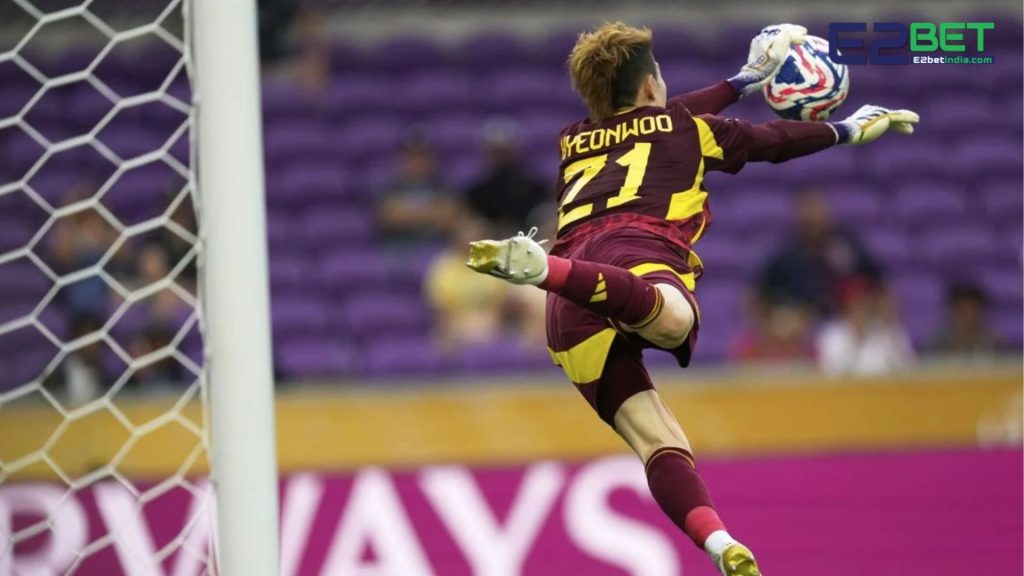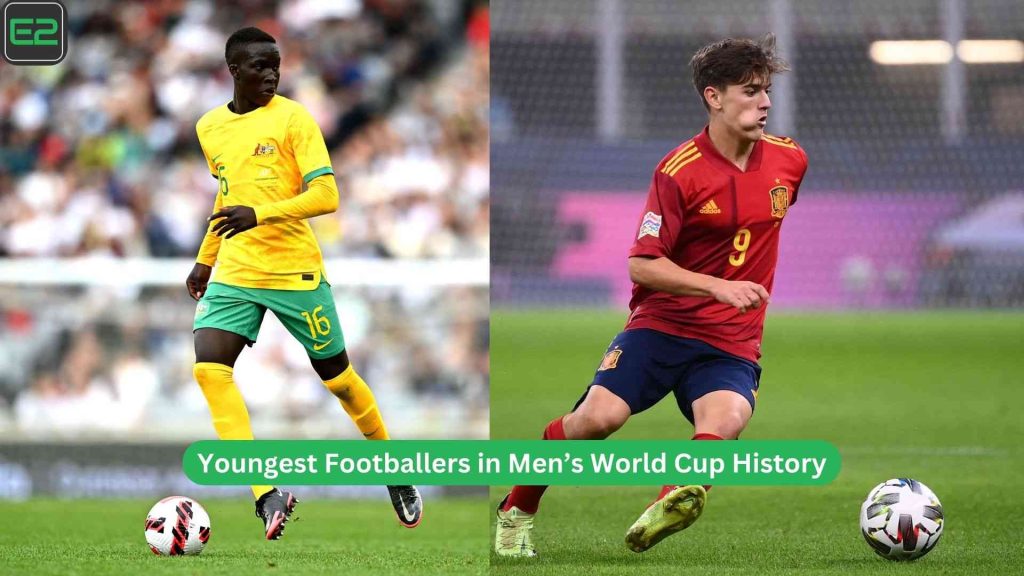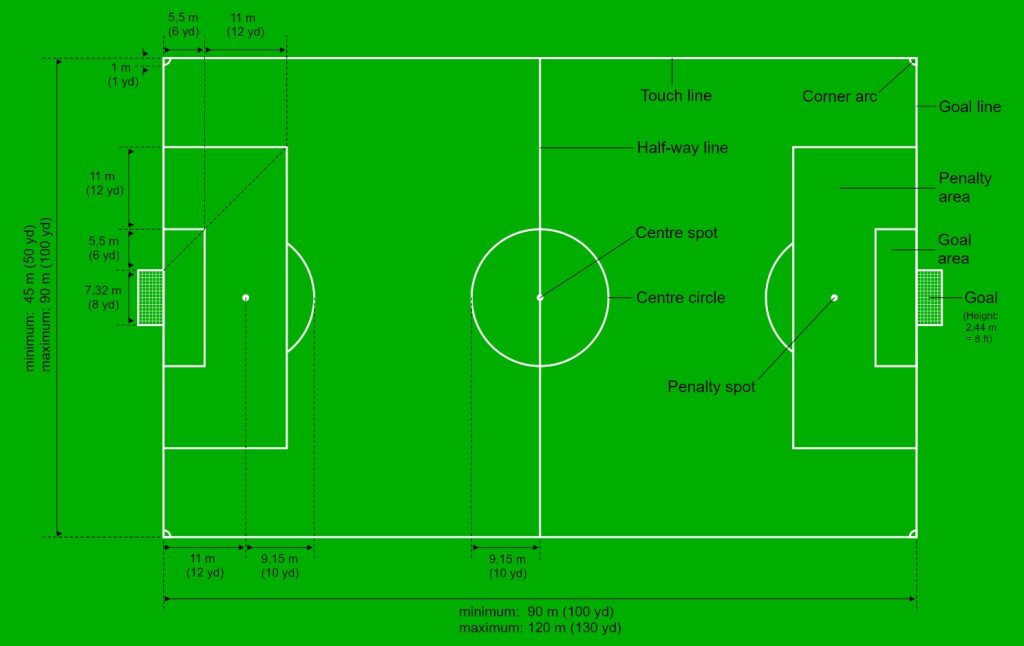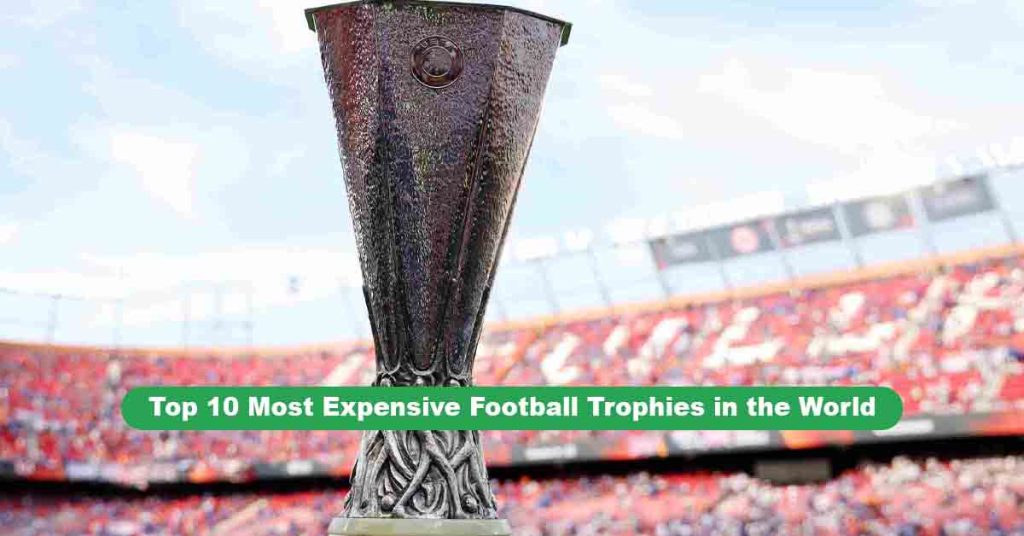Three years later, South Korea was going to co-host the first World Cup of the century. At such a time, the country’s football federation made an important decision. In an effort to bring in local talent, foreign goalkeepers were banned from the country’s league. The way for K-League clubs to bring in foreign goalkeepers was closed.
This time, after a long 26 years, South Korea is lifting that ban. Starting from the upcoming season, K-League teams will be able to take foreign goalkeepers into their squads if they want.

According to the K-League website, the league’s policy-making board has noticed that such a ban on a specific position has created inequality in the league’s salary structure. That is why the K-League has made such a decision to eliminate the salary inequality. The decision was made after a meeting of the league’s policy-making board last Thursday.
It says that because there is a ban on only one position, goalkeepers’ salaries have become higher than any other position on the field. In addition, the number of clubs in the K-League has increased significantly since the ban was imposed until now (26 years). Therefore, even if foreign goalkeepers are given opportunities, it will not create complications for local goalkeepers.
The new rule will be introduced in both South Korea’s top leagues, K League 1 and K League 2.
The K League had eight teams when it was banned in 1999. There are currently 12 clubs. In addition, the second division was added to South Korean football in 2013. The country’s three national team goalkeepers, Kim Suyeong-gyu, Kim Dong-hyeon and Lee Chang-geun, all play in their own leagues.
FAQ
What was the ban on foreign goalkeepers in South Korea?
South Korea had a rule preventing foreign goalkeepers from playing in the K League, the country’s top football league, for 26 years.
Why was the ban introduced in the first place?
The ban was implemented to promote and develop local goalkeeping talent by giving more opportunities to South Korean players.
When was the ban officially lifted?
The ban was officially lifted in 2025, ending a rule that had been in place since 1999.
What does lifting the ban mean for K League clubs?
K League clubs can now sign and field foreign goalkeepers, giving them more flexibility in team selection and player recruitment.
Will this change affect the national team?
It might, as fewer opportunities for local goalkeepers could impact talent development for the national squad in the long term.













